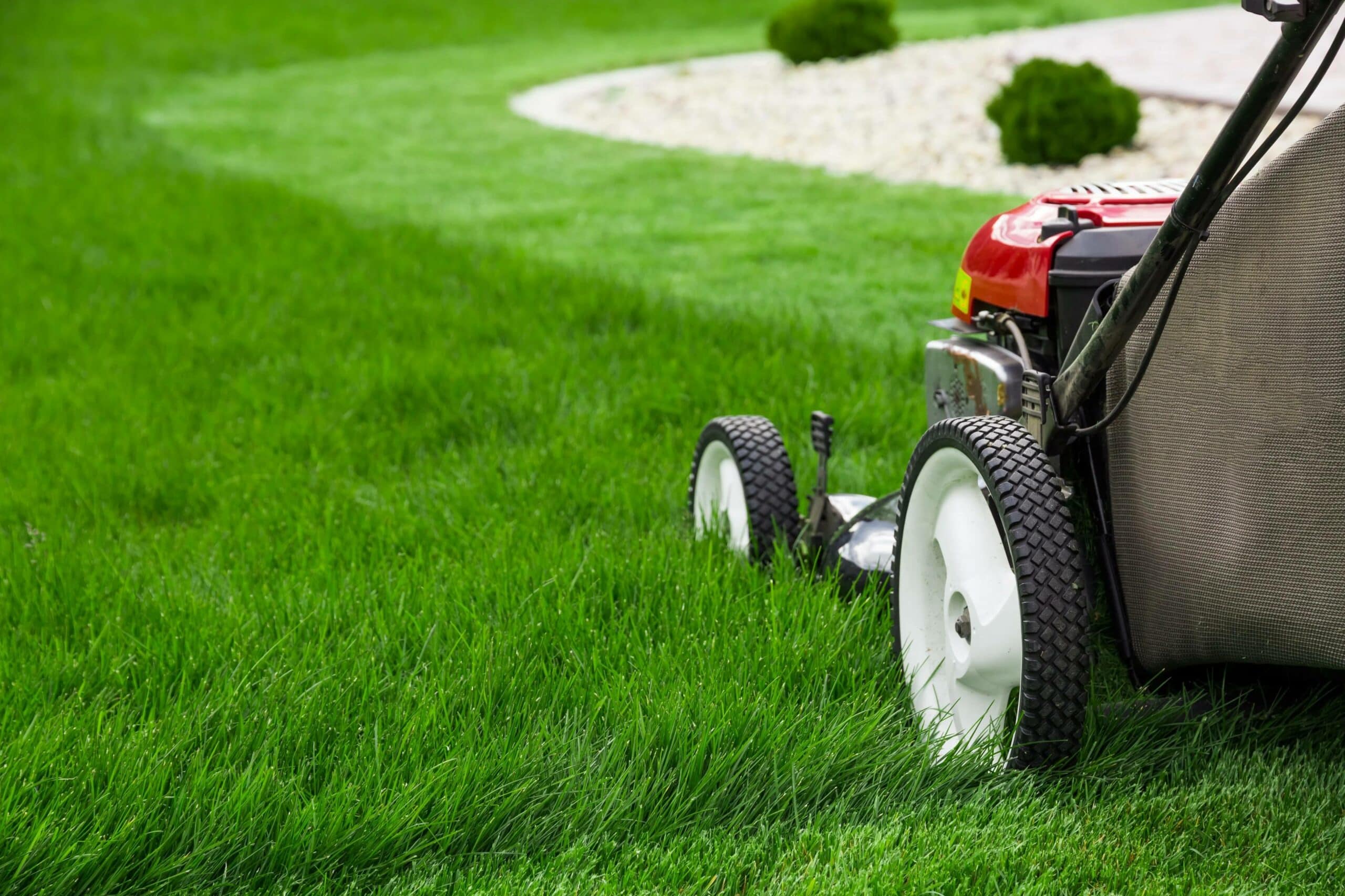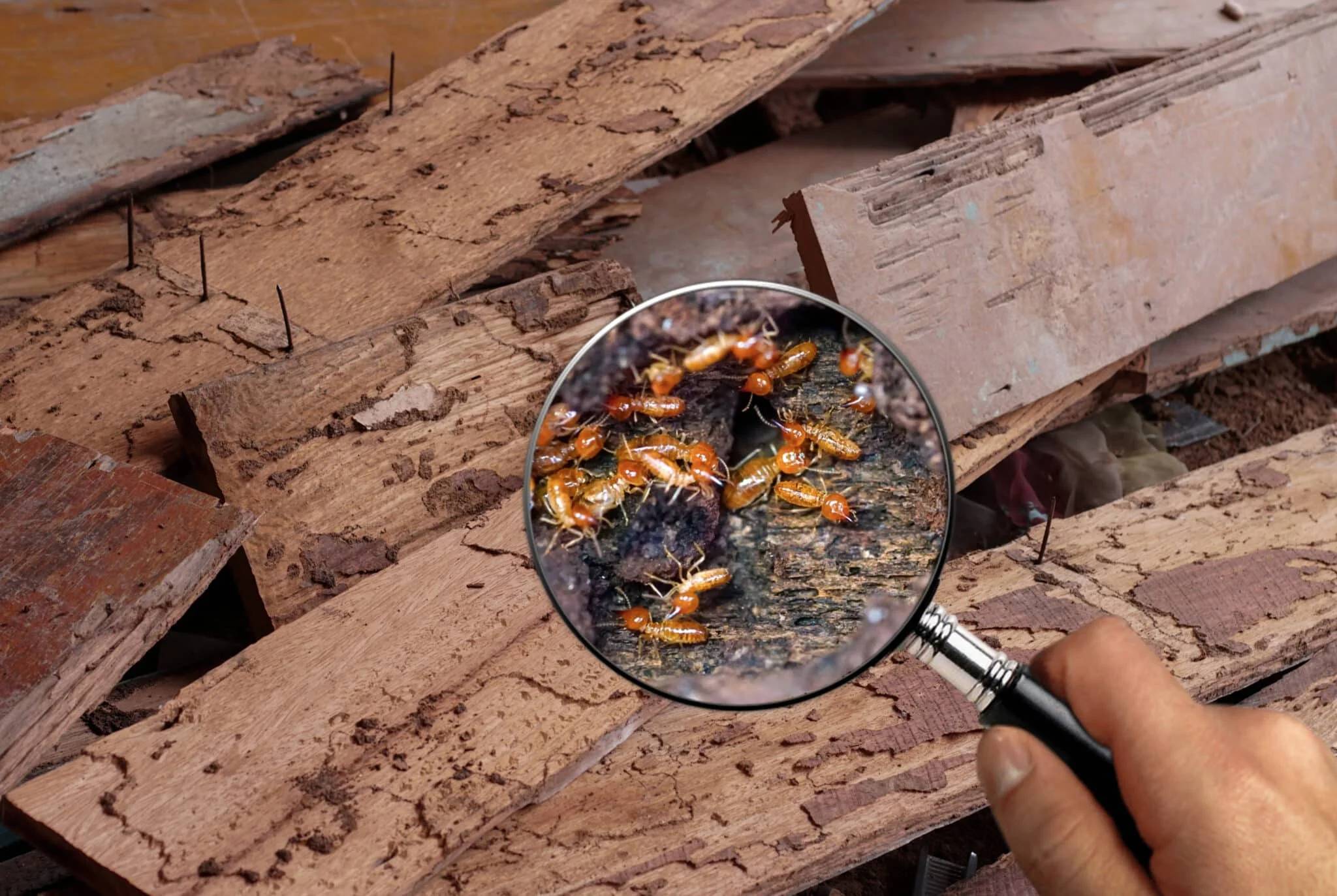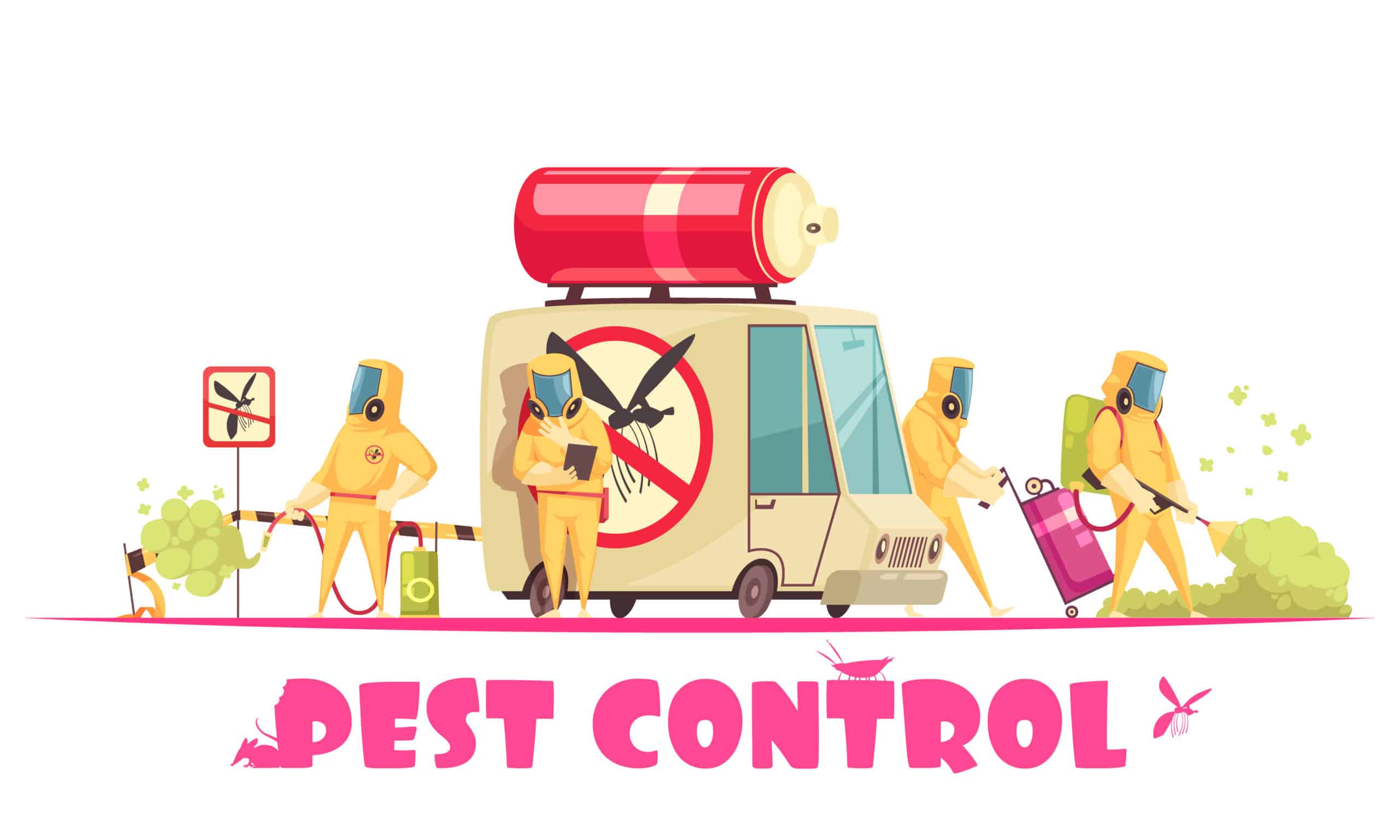Long, sunny days, barbecues, pool parties, and the splendor of nature in bloom are just a few of the joys that come with summer’s warmth. Summer pests, on the other hand, are unwelcome visitors that this season also brings. These tinier invaders, which range from ants strutting around your kitchen to mosquitoes buzzing in your ear at night, can ruin your summertime happiness and turn it into a time of misery and frustration. The significance of summer pest control becomes apparent in this situation.
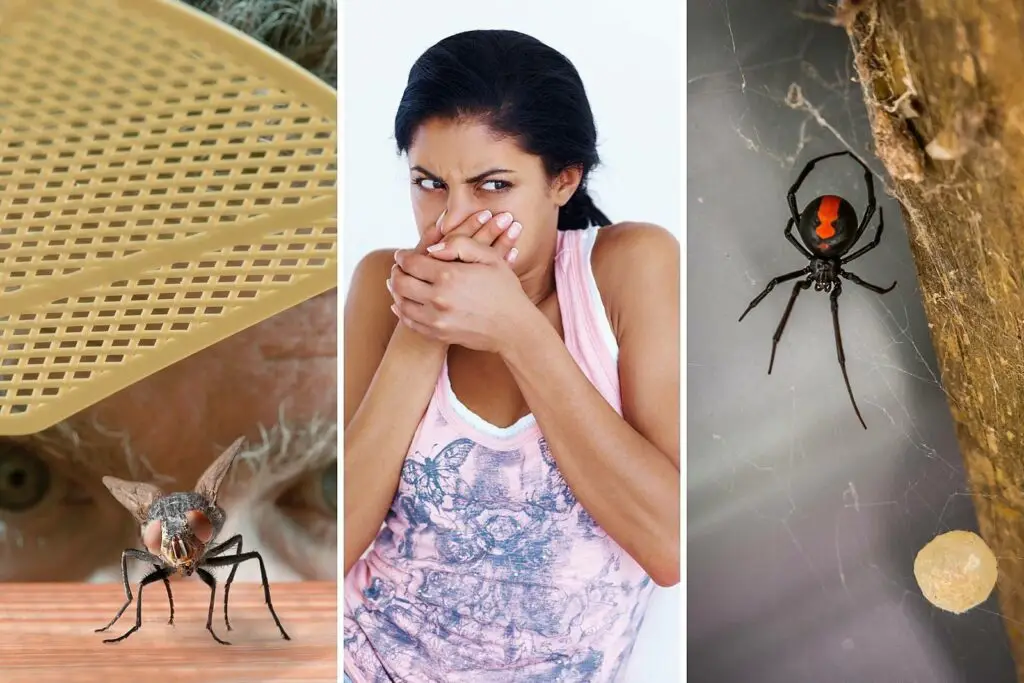
Maintaining a pest-free, comfortable home is only one aspect of pest control throughout the summer. It has to do with health and safety. Many of these pests are more than just annoyances throughout the summer. They could seriously harm your home, taint your food, or even be dangerous to your health. For example, mosquitoes are infamous for dispersing infections like the West Nile virus and the Zika virus. While cockroaches and flies can spread a wide variety of infections, ticks can spread Lyme disease.
Furthermore, the summer months are crucial for pest control because this is when many pests reproduce and expand their populations. The high temperatures and longer daylight hours create the perfect environment for bugs to flourish. Without the right preventative steps, a minor pest issue can easily turn into a full-blown infestation.
We’ll go into the realm of summer bugs in this blog post, looking at the typical offenders, the issues they cause, and most importantly, how you can keep them at bay. This summer pest control guide is for you whether you’re a homeowner looking for peace of mind or simply someone interested in preserving a healthy, pleasant summer.
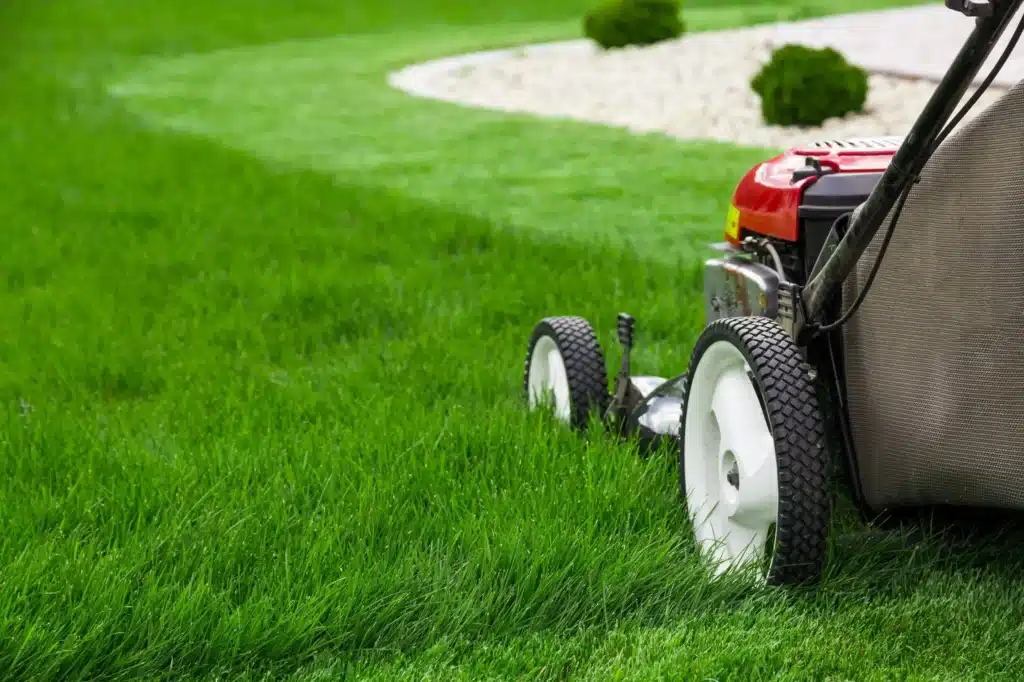
Understanding Summer Pests
Sadly, this does not only apply to the lovely flowers in your garden; summer is a season of life and growth. The warmer temperatures and longer days allow many pests to flourish and widen their range. Effective pest control starts with an understanding of these organisms, their behaviors, and why they are more active in the summer.
Let’s start by discussing the usual suspects. The most frequent pests you might come across throughout the summer include ants, mosquitoes, flies, cockroaches, and ticks. These pests each have distinctive life cycles and habits. For instance, ants are drawn to the sweet sweets and crumbs that are more prevalent in homes during the summer because they need to locate food for their colonies. On the other hand, mosquitoes, which need standing water to breed, are driven to the higher moisture levels of the summer.
Then there are pests that are drawn to decomposing organic materials and like warm environments, such as cockroaches and flies. In the summer, they have a tendency to grow quickly and cause considerable infestations. Additionally more active in the summer, ticks can be dangerous to both people and animals.
The summer months present ideal circumstances for these pests, which makes them more active and troublesome. Their life cycles are accelerated by the warm temperatures, which makes reproduction easier. The lengthening of the days and an increase in human activity also give these bugs more chances to obtain food and spread.
We’ll go into the issues that these summertime pests can create in the following section. But never forget that information is power. You’ve taken the first step toward keeping your summer free of bugs by becoming knowledgeable about these pests and their tendencies.
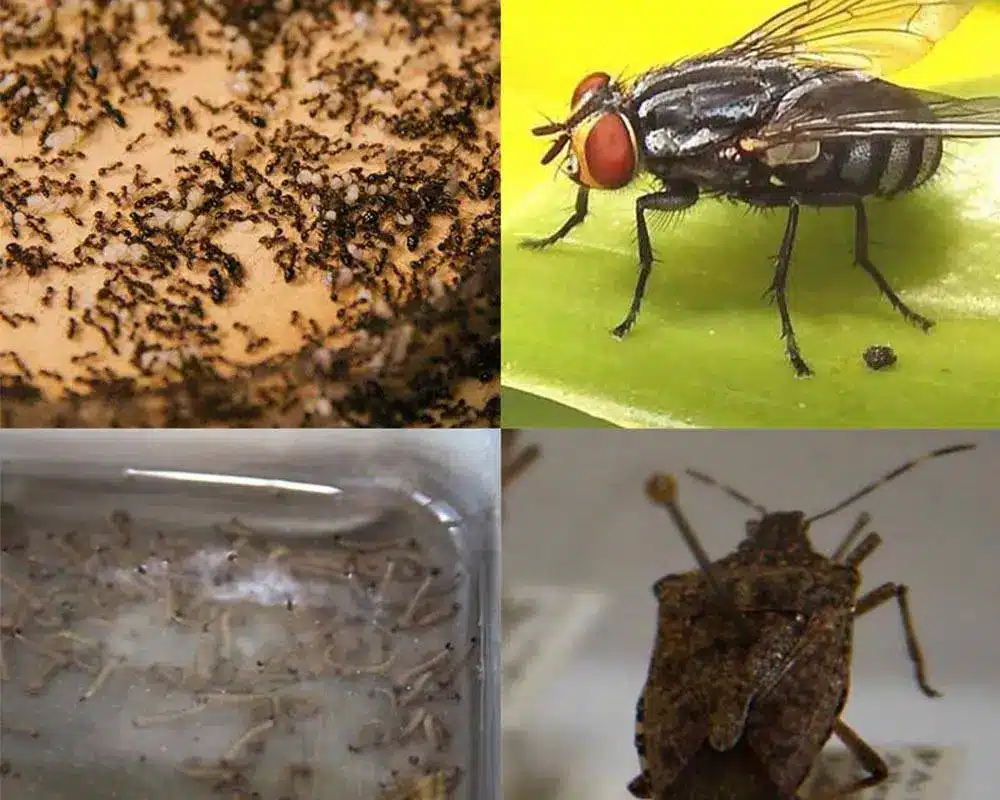
Common Problems Caused by Summer Pests
While a fly buzzing around the kitchen or an occasional ant at a picnic may seem like minor annoyances, the issues brought on by summer pests can be much more serious and substantial. Understanding these potential problems is essential to understanding the significance of effective pest control, which vary from property damage to health risks.
First, let’s talk about property damage. Termites and carpenter ants are two pests that can seriously harm your house. They make tunnels and nests out of the wood they chew, which over time can erode your property’s structural stability. Like aphids, slugs, and beetles, garden pests can completely destroy your carefully tended plants and flowers, turning your lovely garden into a wasteland.
Health concerns are still another significant issue. Many summertime pests are carriers of illnesses that humans can contract. The most infamous are probably mosquitoes, which are responsible for the transmission of diseases including malaria, West Nile virus, and Zika. When left untreated, Lyme disease can be devastating and is spread by ticks. Even pests like cockroaches and flies, which don’t spread disease directly, can contaminate food and surfaces with germs and parasites, which can cause food poisoning and other ailments.
Finally, pests can be quite upsetting and uncomfortable. Your quality of life can be greatly impacted by the constant itching from mosquito bites, the disgust and dread at seeing cockroaches, and the annoyance of an ant infestation, especially during a season intended for leisure and fun.
We’ll examine how to avoid these issues with preventive steps and efficient pest control techniques in the sections that follow. Keep in mind that dealing with pests involves more than just getting rid of annoyances; it also involves defending your house, your health, and your mental stability.
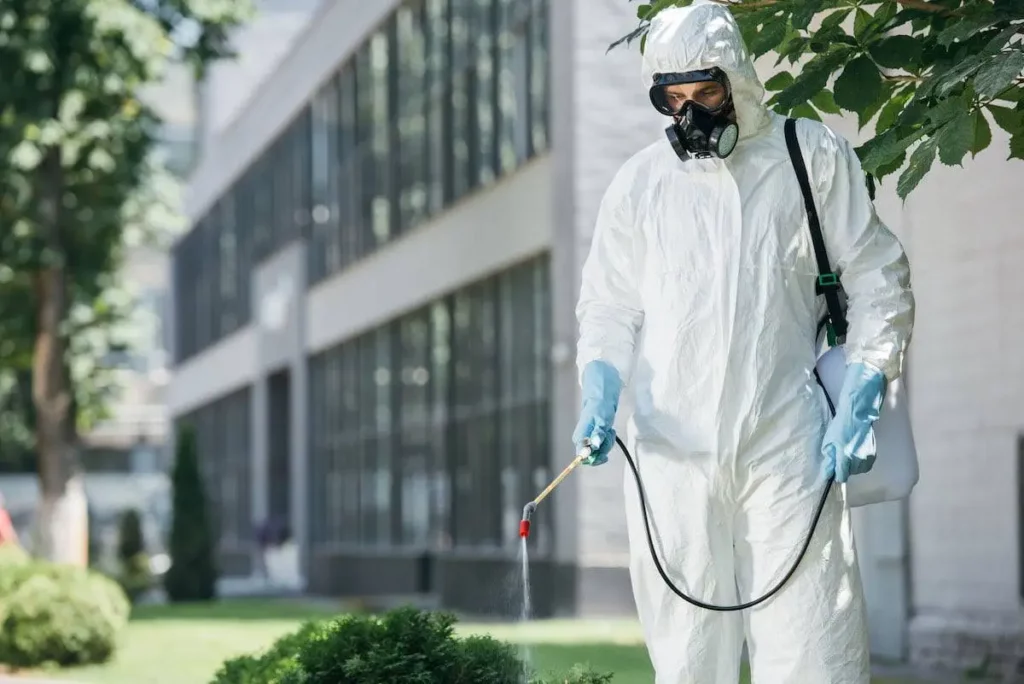
Preventive Measures for Summer Pests
- Proper Food Storage: Food supplies are what primarily draw pests. Don’t leave food out in the open and make sure that everything is kept in sealed containers. To prevent crumbs and residues from attracting bugs, regularly clean your kitchen counters, dining tables, and other locations where food is consumed.
- Remove Standing Water: Standing water is a breeding ground for mosquitoes. Check and eliminate any potential breeding areas from your property on a regular basis, such as birdbaths, pet water bowls, blocked gutters, and plant saucers.
- Pests can enter your home through microscopic cracks and openings, so seal any such places. Keep an eye out for potential entry points on your property and seal them. Pay close attention to the spaces around windows, wires, pipes, and doors.
- Maintain Your Yard: Pests can find shelter in overgrown plants. Maintain a well-kept lawn, trim any overhanging branches, and remove any rubbish and dead leaves. Consider employing pest-resistant plants or organic pest management techniques like beneficial insects if you have a garden.
- Cleaning Frequently: Cleaning frequently might help ward off pests. This entails performing regular vacuuming and dusting, wiping up spills right away, and maintaining clutter-free spaces like basements and garages.
- Good waste management practices include routine garbage disposal and sealing trash cans. Many pests are greatly attracted to rotting rubbish.
- Regular Inspections: Check your home frequently for pest signs. Examine the area for signs of unusual activity, damaged vegetation, or animal droppings. Early discovery can greatly simplify pest control.
These preventative steps might greatly help to keep pests out of your house this summer. Don’t give up hope, though, if you do find yourself dealing with a bug issue. We’ll go through some do-it-yourself pest control strategies in the part after that to help you deal with the problem.
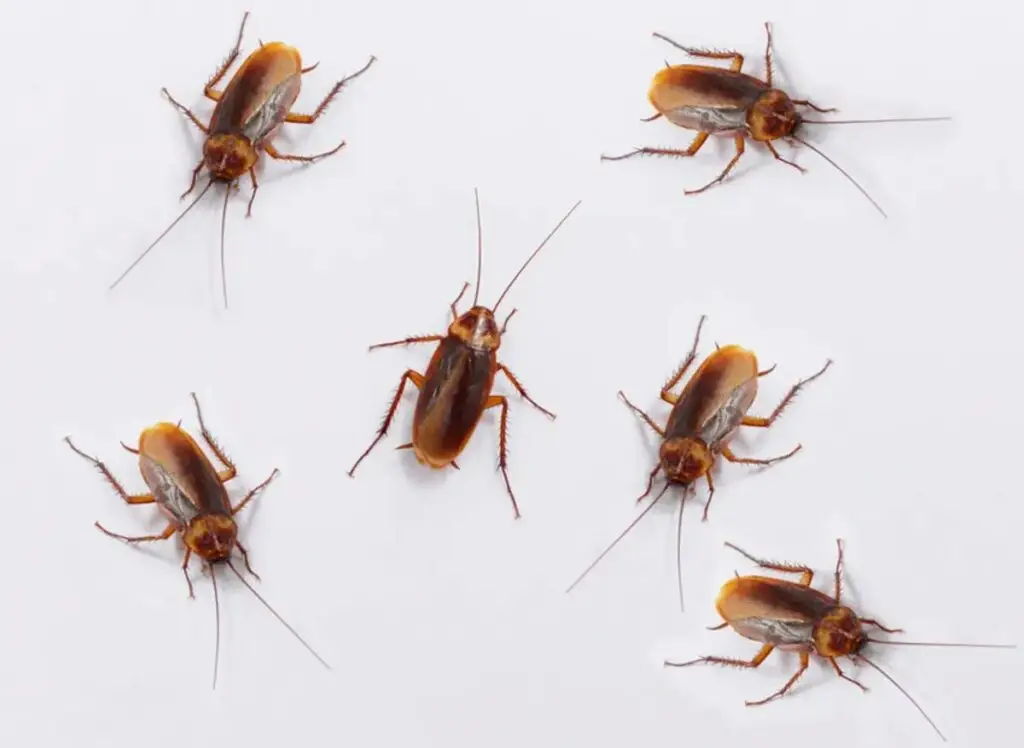
DIY Pest Control Methods
Even with all of our precautions, pests occasionally manage to enter our houses. When this occurs, you can use a number of do-it-yourself pest control techniques before thinking about hiring a pro. Here are a few tactics:
- Natural repellents: Many bugs are repelled by certain organic compounds. For instance, cinnamon, vinegar, and peppermint oil all work to keep ants away. Spraying these ingredients near entry sites can help deter ants. Similarly, citronella, lemongrass, and eucalyptus repel insects. By using these in your outside areas, you can lessen the presence of mosquitoes.
- Traps and baits are efficient against a wide range of pests. For instance, ant baits include food that has been combined with harmful ingredients for ants. The ants return to their colony with the bait, aiding in the eradication of the entire colony. Flypaper and electric fly traps can both aid in the management of fly populations.
- Pests in the garden can be managed using insecticidal soaps and sprays. Typically, they are harmless to people and pets but deadly to pests. Use these goods according to the manufacturer’s instructions at all times.
- Diatomaceous Earth is a powder created from preserved aquatic creatures that is non-toxic. Numerous pests, including bed bugs, cockroaches, and ants, are killed by it. In locations where you’ve noticed pest activity, scatter it.
- House Maintenance: Performing routine house maintenance can also serve as a pest control measure. Fixing leaking faucets and pipes can keep insects like cockroaches and mosquitoes away since they are drawn to dampness. Your home may stay pest-free by fixing screens and caulking cracks.
If you have a garden, you might want to introduce beneficial insects that feed on pests. For instance, spiders can aid in the management of mosquito populations, and ladybugs are known to consume aphids.
Remember that while these do-it-yourself techniques can be successful, they might not always be sufficient, particularly for larger infestations or specific pests. It could be necessary to seek expert assistance in such circumstances. We’ll go through when and why you might need to employ a professional pest control company in the following section.
Conclusion
Summer is a season for unwinding, enjoying yourself, and creating memories. Don’t let bugs ruin this lovely time of year. You can guarantee a pest-free summer by being aware of the common summer pests, comprehending the issues they can create, and being prepared with preventive measures and efficient pest control methods.
Remember that getting started right away is crucial whether you decide to tackle it yourself or hire a specialist. Pests proliferate quickly, and if a small problem is ignored, it can grow into a significant one. So take charge, act, and prepare for a comfortable, peaceful summer free from the annoyance of bugs.

